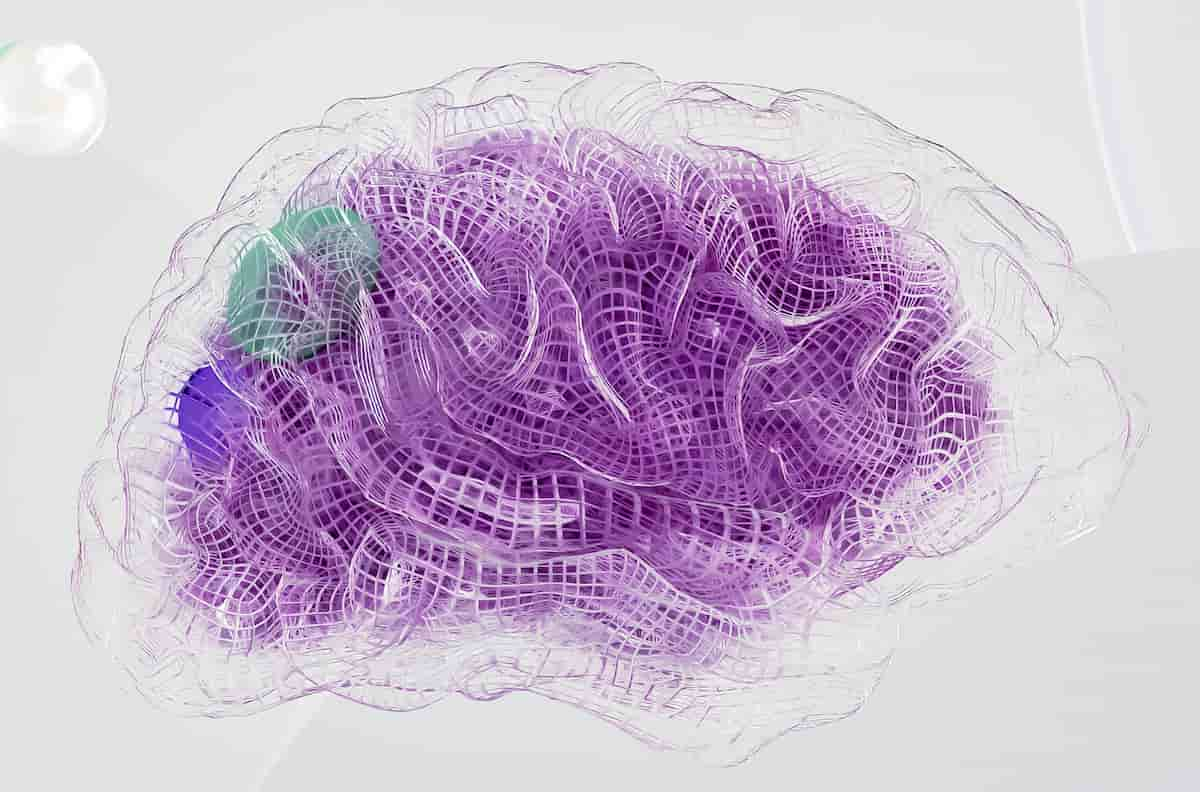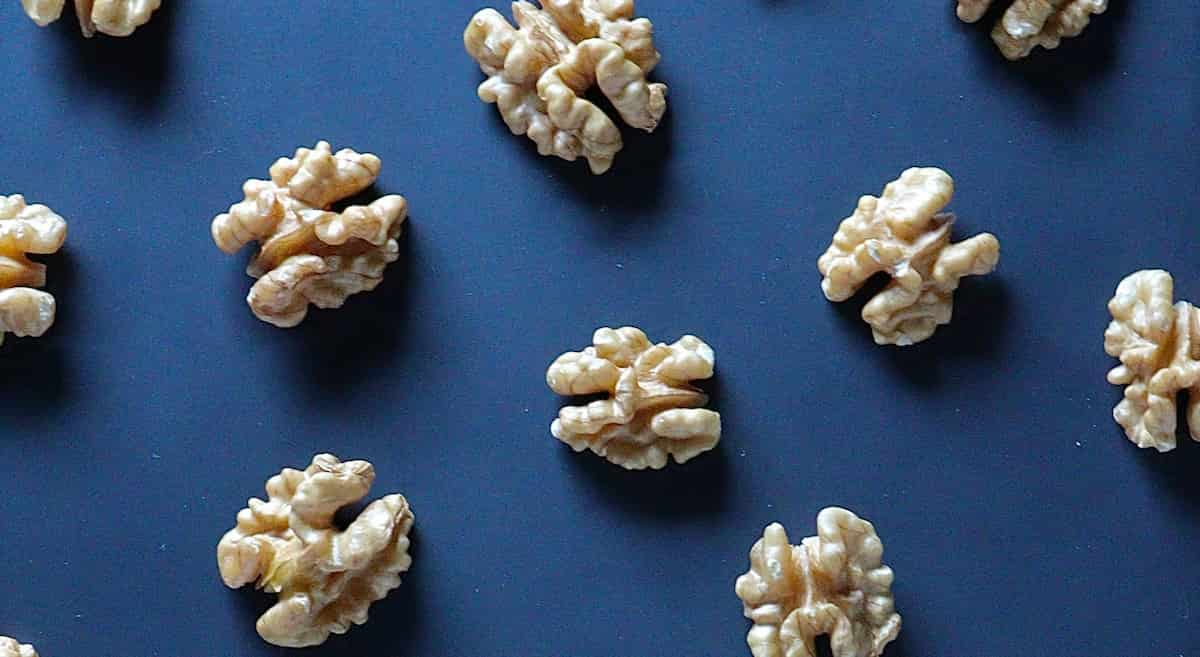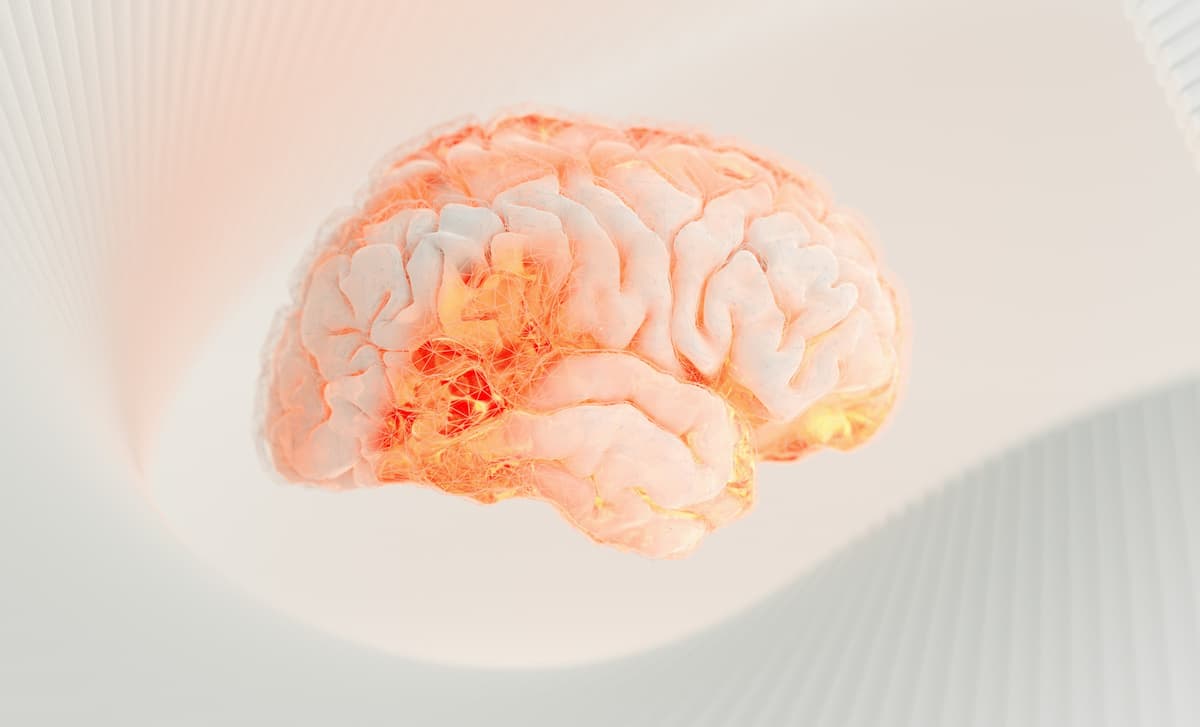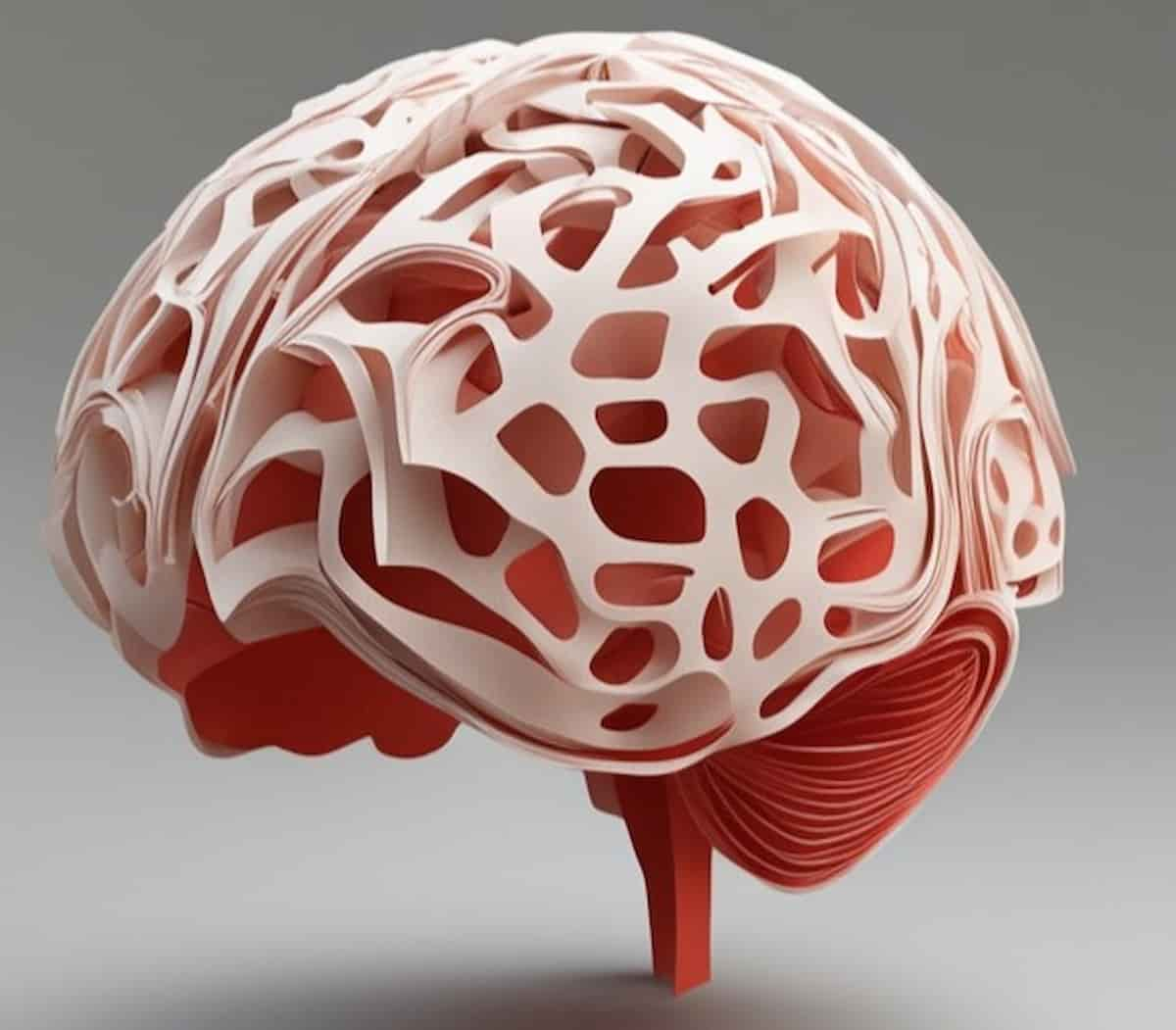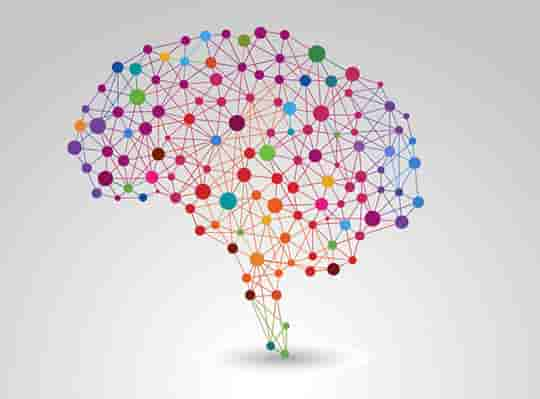You don’t need diabetes for this everyday factor to cause brain damage.
The average person eats the equivalent of an extra burger meal every day compared with 50 years ago.
A burger, fries and soft drink works out to an extra 650 calories per day.
That is around 30 percent more calories than people need.
The consequences for people’s waistlines and their brains is devastating.
Brain health declines dramatically as a result of poor nutrition, especially early in life.
One of the main culprits is sugar, which accelerates neurodegeneration and impairs cognitive function.
Even ‘high-normal’ levels of blood sugar contribute to neurodegenerative processes.
People need to eat well and exercise early in life to avoid brain shrinkage and dementia later on.
Professor Nicolas Cherbuin, the study’s first author, said:
“People are eating away at their brain with a really bad fast-food diet and little-to-no exercise.
We’ve found strong evidence that people’s unhealthy eating habits and lack of exercise for sustained periods of time puts them at serious risk of developing type 2 diabetes and significant declines in brain function, such as dementia and brain shrinkage.”
The conclusions come from a review of around 200 studies carried out around the world.
Fully 30 percent of the world’s population is obese now, and 10 percent will have type 2 diabetes by 2030.
Professor Cherbuin said:
“The link between type 2 diabetes and the rapid deterioration of brain function is already well established.
But our work shows that neurodegeneration, or the loss and function of neurons, sets in much, much earlier—we’ve found a clear association between this brain deterioration and unhealthy lifestyle choices.
The damage done is pretty much irreversible once a person reaches midlife, so we urge everyone to eat healthy and get in shape as early as possible—preferably in childhood but certainly by early adulthood.”
The effort to improve diet is coming too late for many, said Professor Cherbuin:
“What has become really apparent in our investigation is that advice for people to reduce their risk of brain problems, including their risk of getting dementia, is most commonly given in their 60s or later, when the ‘timely prevention’ horse has already bolted.
Many people who have dementia and other signs of cognitive dysfunction, including shrinking brains, have increased their risk throughout life by eating too much bad food and not exercising enough.
One of the best chances people have of avoiding preventable brain problems down the track is to eat well and exercise from a young age.
The message is simple, but bringing about positive change will be a big challenge.
Individuals, parents, medical professionals and governments all have an important role to play.”
The study was published in the journal Frontiers in Neuroendocrinology (Cherbuin & Walsh, 2019).
